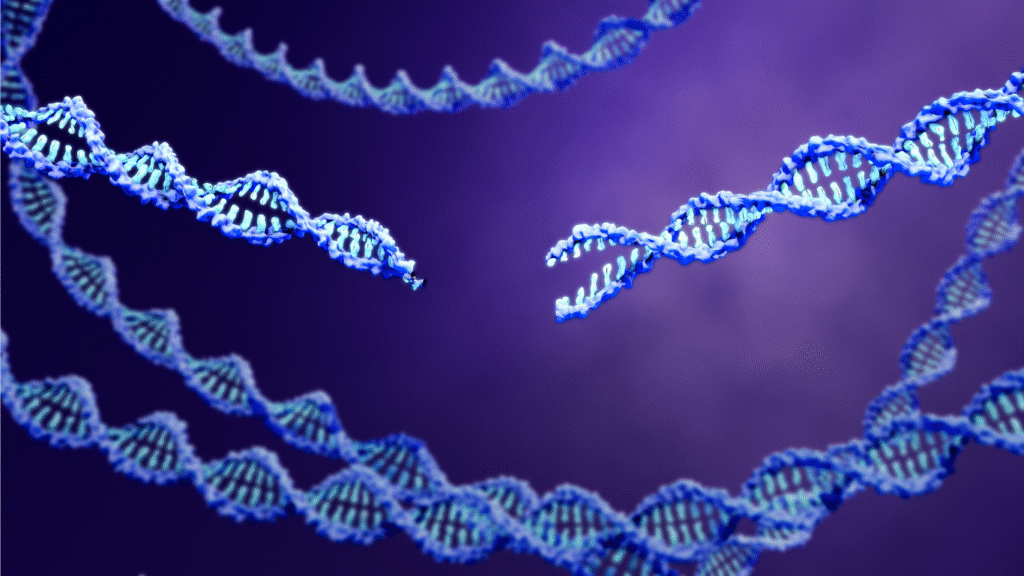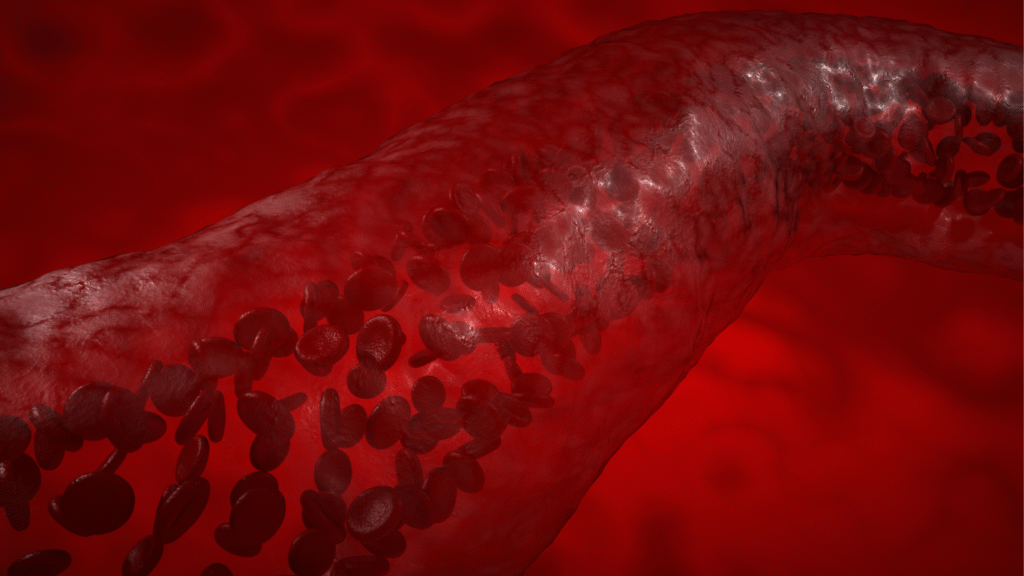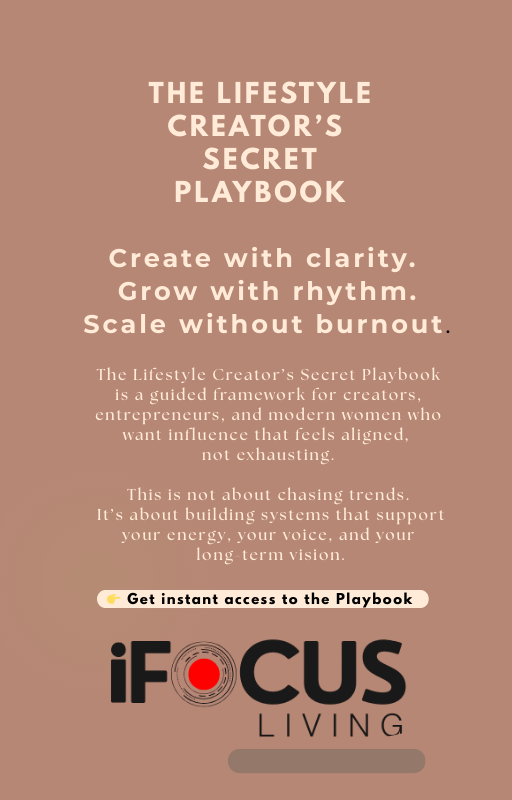We’ve all joked about hitting “the big 5-0” like it’s some mythical milestone, but it turns out science has been whispering the truth: something really does shift in your body around this age. Researchers studying human tissues have discovered that aging doesn’t just creep along evenly—it revs up, and 50 is the ignition point.
The Age When Your Body Starts to Accelerate

A groundbreaking study analyzed 516 samples across 13 human tissues and found that midlife is not just a number—it’s a biological turning point. Blood vessels, in particular, were flagged as “markedly susceptible” to aging, revealing why cardiovascular health suddenly feels more urgent around this decade.
One scientist explained that aging isn’t a solo act—it’s a full-body performance. Proteins in the blood, called “senokines,” act like internal clocks. As they tick, they not only signal the start of aging but also push it into overdrive. Essentially, your body’s orchestra starts playing faster, and the blood vessels are leading the tempo.
The Proteomic Plot Twist

The study dove deep into tissue samples from organ donors aged 14 to 68, examining everything from the heart’s aorta to the digestive tract, skin, and muscles. Between ages 45 and 55, researchers noticed “substantial proteomic remodeling,” which is a fancy way of saying major changes in protein composition. These shifts leave tissues more vulnerable, particularly the arteries, which may help explain the midlife spike in health risks like hypertension and heart disease.
Aging Is a Whole-Body Story

Contrary to popular belief, aging doesn’t hit one organ at a time. It’s systemic. The blood vessels signal other tissues to age faster, meaning that when your arteries start showing wear, your body is essentially reading the memo: “Time to catch up.” This helps scientists frame aging not as an isolated event, but as a coordinated process across your entire system.
What This Means for You
Understanding this turning point could be a game-changer. If blood-based markers can reveal how your tissues are aging, doctors might one day use simple blood tests to track your biological age and intervene early. Lifestyle changes, targeted therapies, or other interventions could then be timed perfectly to slow the midlife surge.
So, while your 50th birthday might feel dramatic, your body is just entering a new phase—one that science is finally beginning to map. The takeaway? Aging is unavoidable, but being proactive about heart health, nutrition, and exercise around midlife could help keep your body in sync, long past the half-century mark.






